‘Shitala’, the book title, refers to Shitala Devi, a youthful goddess, depicted with a fan, broom and pot, riding a donkey (Vahana of Shitala Devi). ‘Shitala’ is a masterpiece on vaccination practices that prevailed in ancient India, penned by Ms Mitra Desi. This 97-page narrative historical non-fiction book is presented beautifully in simple language, backed by extensive research from various sources. Detailed references to the information, are provided at the end of the book.
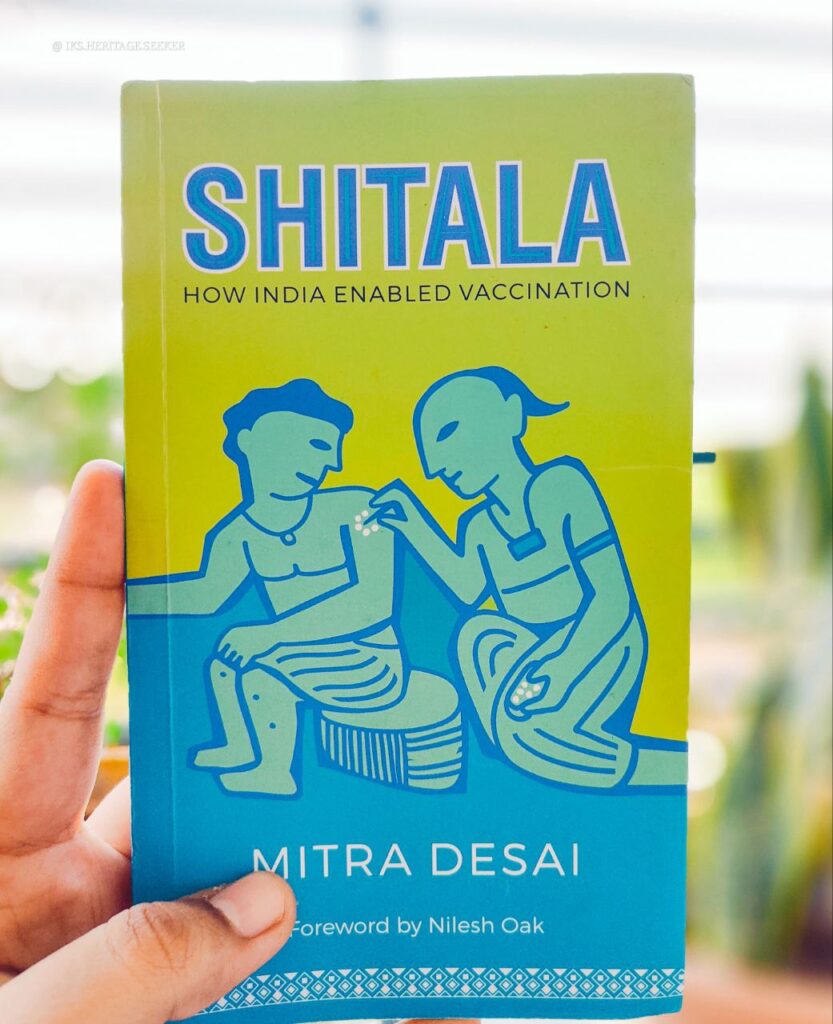
The authoress presented the information in a storytelling format which is similar to the style used in our ancient Puranas. There is a powerful underlying message in the story that has the potential to impact readers of all age groups. The plot is set during the COVID-19 pandemic and revolves around two main protagonists, Tara and her grandfather.
Tara is a spirited girl and was planning to move to America for her higher studies. Due to the COVID-19 outbreak, all her plans came to a halt. She is devastated by the news of her friend’s mother’s death due to the virus. Like many, she is furious and disheartened about the severity of the situation and the system of governance in India. Her grandfather, a wise and serene individual, comforts his granddaughter during the tough time and expounds to her the ancient Indian vaccination practices, and the worship of Goddess Shitala Devi in various regions of our nation. Tara vehemently denies her granddad’s words and strives to prove him wrong.

This takes us to the quote of George Orwell, which appears at the beginning of the book: ‘The most effective way to destroy people is to deny and obliterate their own understanding of their history.’ India’s indigenous knowledge systems were uprooted by foreign invaders, which led to the endangerment of our practices and our own cultural identity. In the book, Tara represents all those Indians, who are the victims of a cover-up of facts in the education system put in place by foreigners to disconnect us from our very own roots. We often fail to delve a little deeper to uncover and understand the naked truth.
Most of us celebrate Holi with great delight, but it’s worth noting that many of us are unaware of the significance of Shitala Ashtami, which falls on the 8th day of Holi. Many villages across India honour the goddess Shitala on that day by offering prayers and performing rituals. Why is the festival celebrated only during a specific period of the year? Is there any correlation and concordance between the period of occurrence of the infectious disease and the celebration of Shitala Ashtami? Who were the vaccinators in ancient days? What was the procedure and the precautions that were taken during the time of vaccination? All these questions are analysed and answered by the end of the book through the two main characters.

The book is handy to carry and is a perfect companion for your travels, with the rich source of ancient knowledge and facts about vaccination enfolded into an engaging storytelling plot. The book has been published by Subbu Publication House and is currently available in English language. Don’t miss out on the opportunity to experience this must-read book and decolonize one’s mind from the perspectives put forward by West-inspired education.
Link to buy the book:



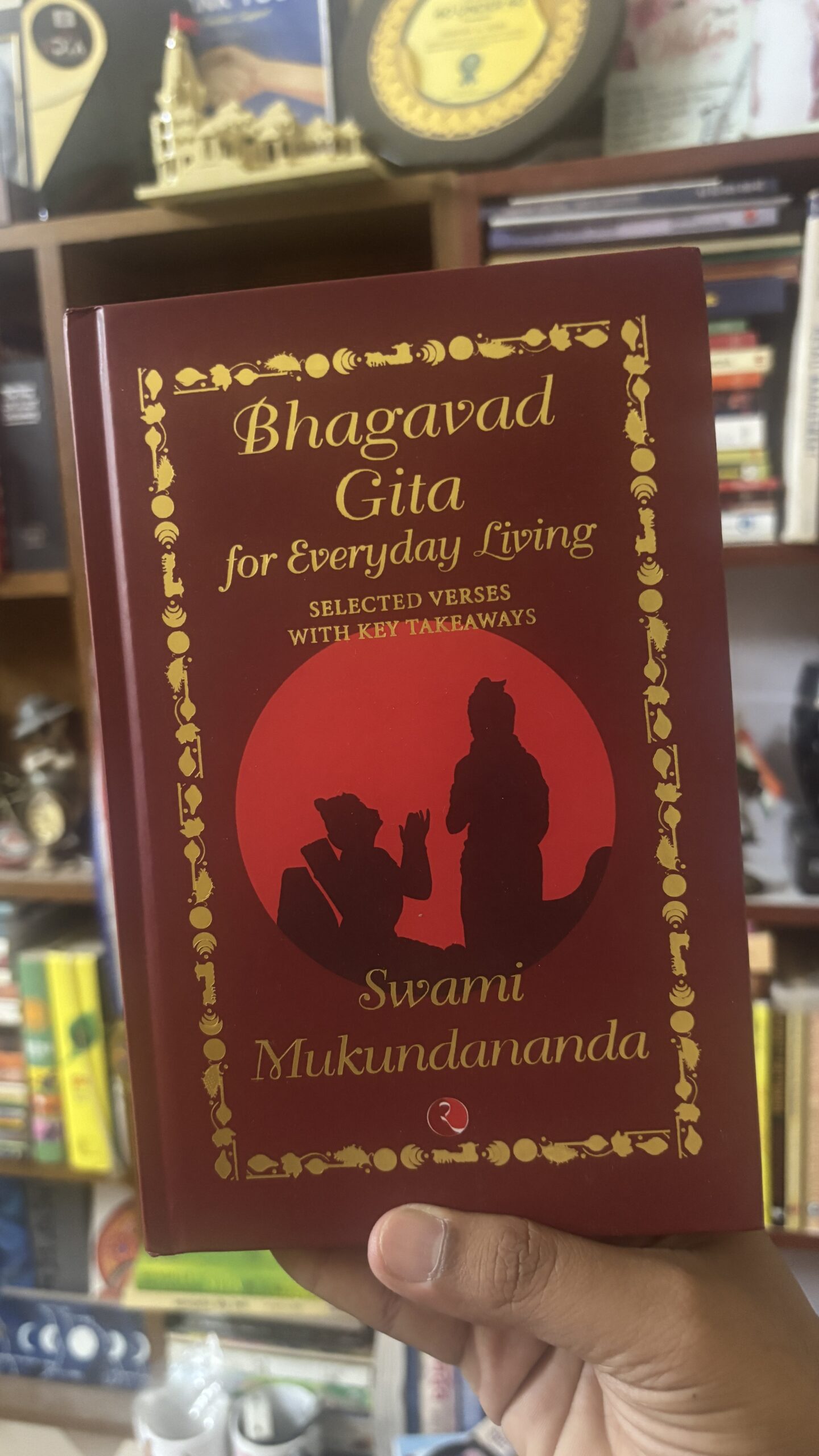
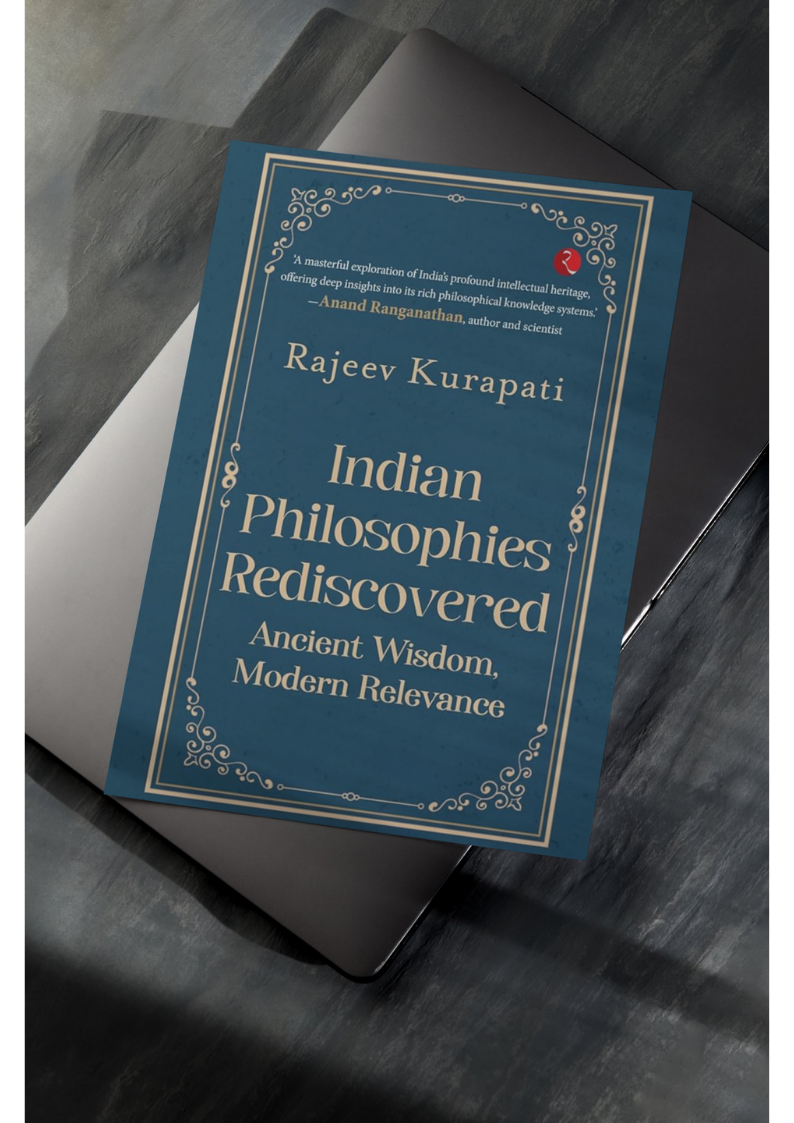
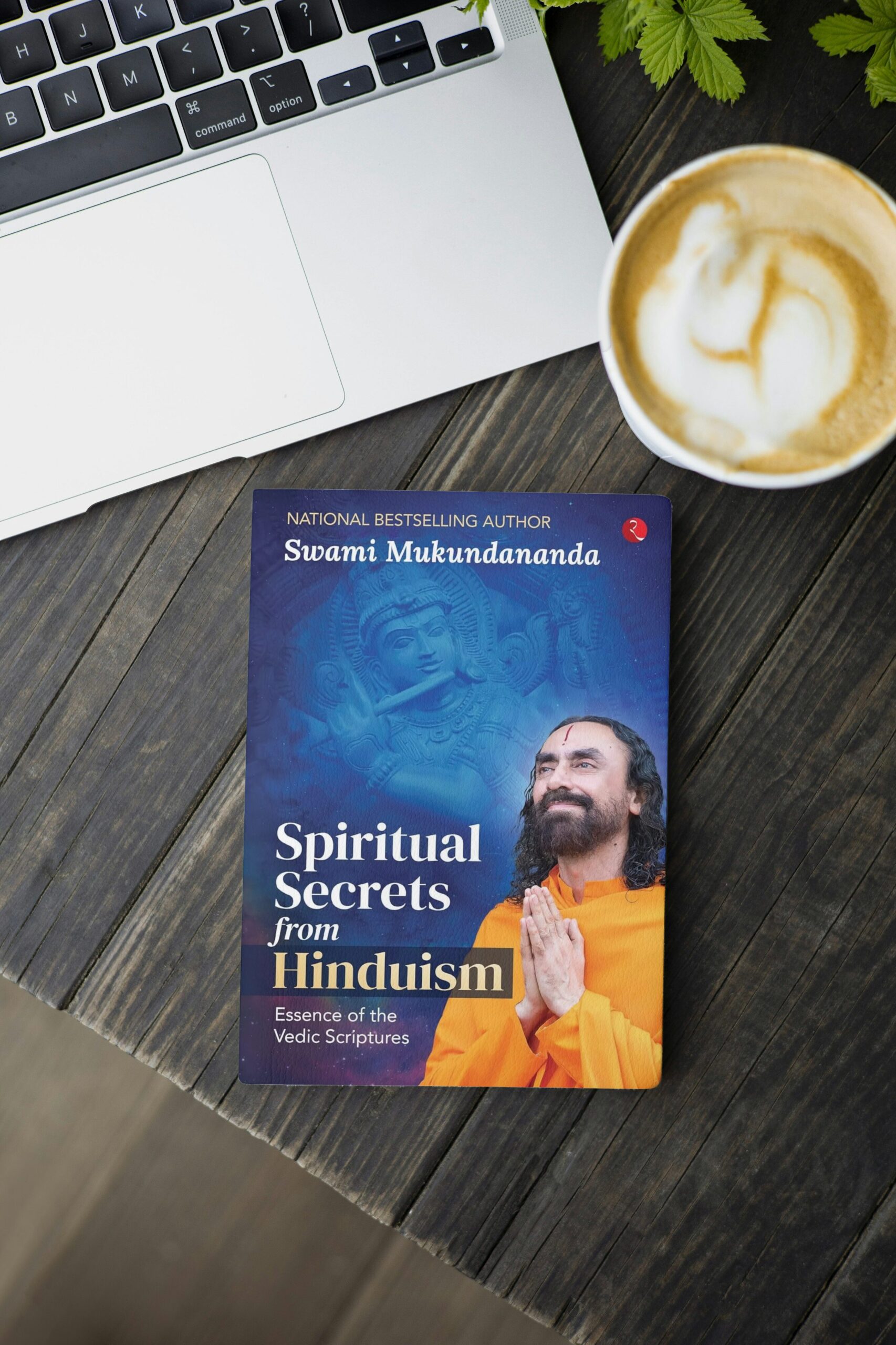
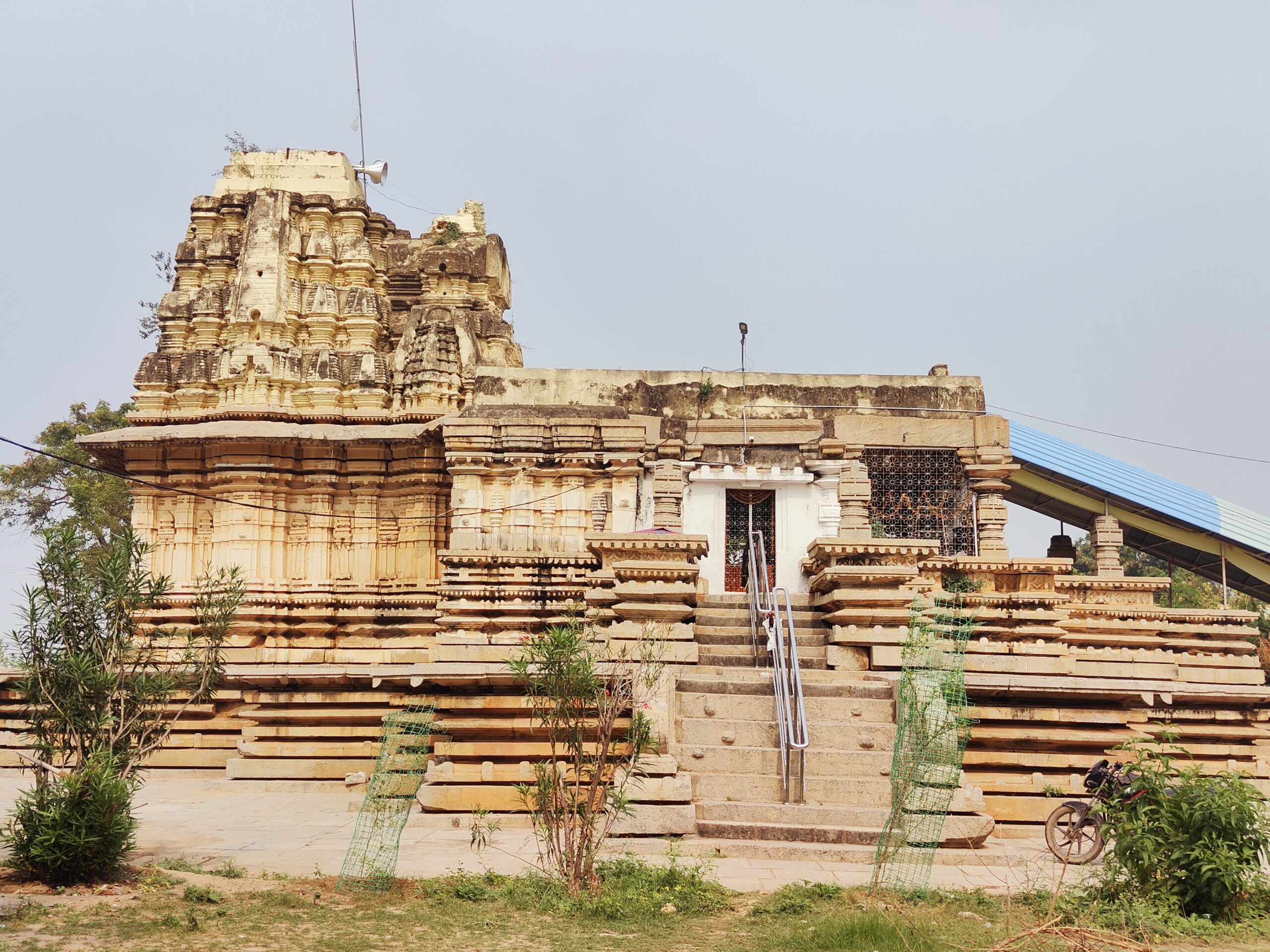
Good information👍
Thank you